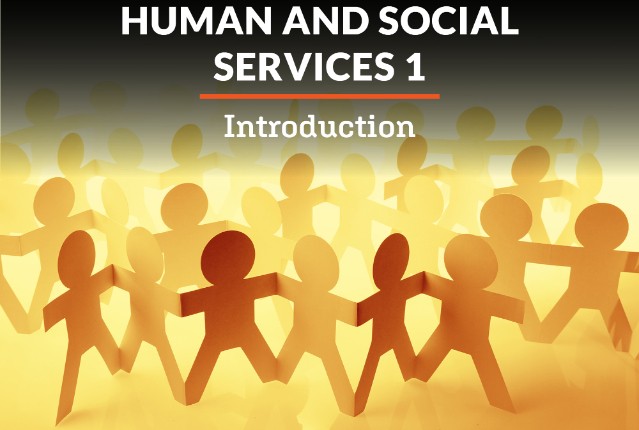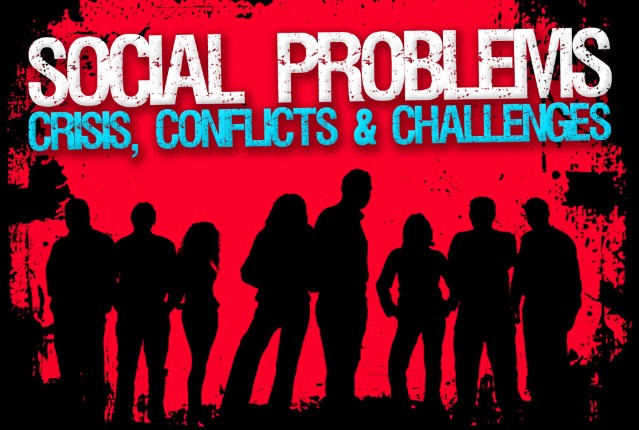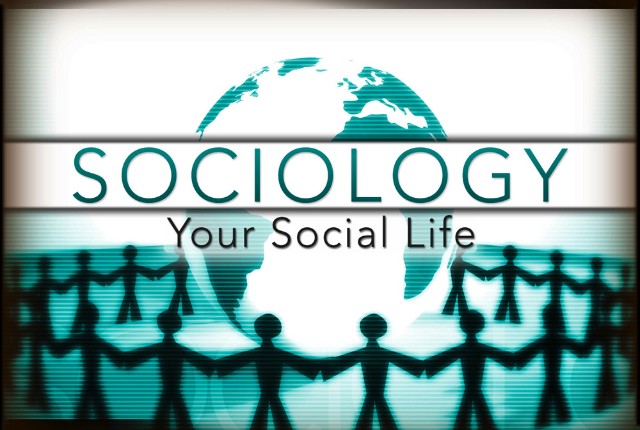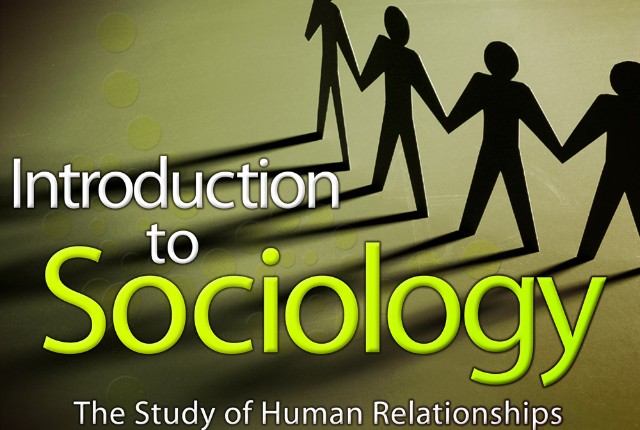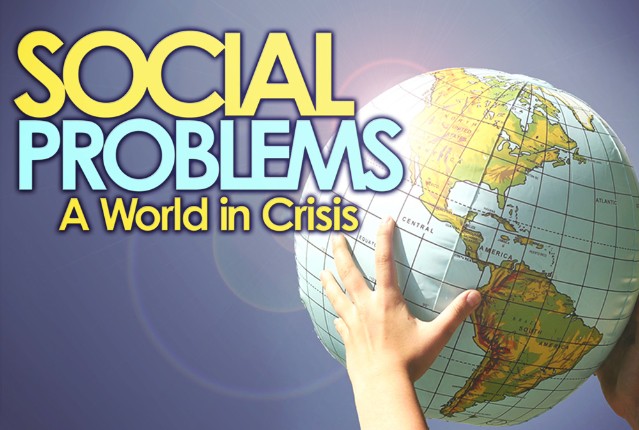
Social Problems I : A World in Crisis
War, crime, poverty, global warming, healthcare, effects of media, and more. Explore some of the biggest challenges facing our world today and what led to these social problems. What effects do they have on our lives and societies? What possible solutions exist for solving them? Discover what measures you can take to tackle these issues head-on and start to develop your plan of action.
Review course outlineAccess for a year
USD 299.00*
* Choose more courses to get a discount
